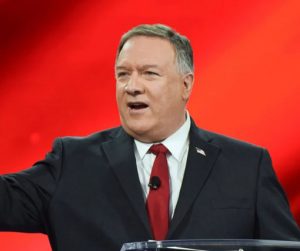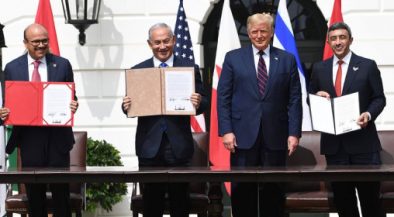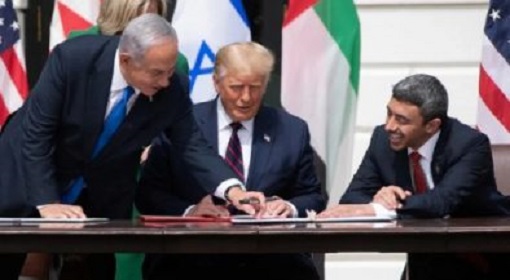Kerem Shalom: – Israeli Defence Minister Benni Gantz said ‘Israel will not sign direct defence agreements with the Gulf countries. But Israel can definitely have special defence cooperation with the Gulf countries who have developed diplomatic ties with Israel.’ The statements made by the Israeli Defence Minister become significant at a time when talks are going on that the perceived threat from Iran to the Gulf countries has intensified.
 Last month, a leading Israeli radio channel published a report that talks are being held for a joint defence agreement with Saudi Arabia, United Arab Emirates (UAE) and Bahrain. The radio channel claimed, quoting sources, that this agreement is possible against the increasing Iranian threat. A leading international news channel quizzed Israeli Defence Minister Bennie Gantz regarding this while he was on a visit to review the border’s situation. At that time, the Israeli Defence Minister presented the country’s stand.
Last month, a leading Israeli radio channel published a report that talks are being held for a joint defence agreement with Saudi Arabia, United Arab Emirates (UAE) and Bahrain. The radio channel claimed, quoting sources, that this agreement is possible against the increasing Iranian threat. A leading international news channel quizzed Israeli Defence Minister Bennie Gantz regarding this while he was on a visit to review the border’s situation. At that time, the Israeli Defence Minister presented the country’s stand.
UAE and Bahrain have recognised Israel and established diplomatic relations with Israel. Indications are that the other Gulf countries will soon be establishing diplomatic ties with Israel. Saudi Arabia has still not announced diplomatic ties with Israel, but cooperation has started between them. Against this background, the Israeli Defence Minister has reacted cautiously regarding defence cooperation with the Gulf countries.
Especially, the Biden administration has adopted a noncommittal stand on the trampling of human rights of the Uyghur people in China. The analysts express resentment on the Biden administration’s stand to target Saudi raising the human rights issues.















